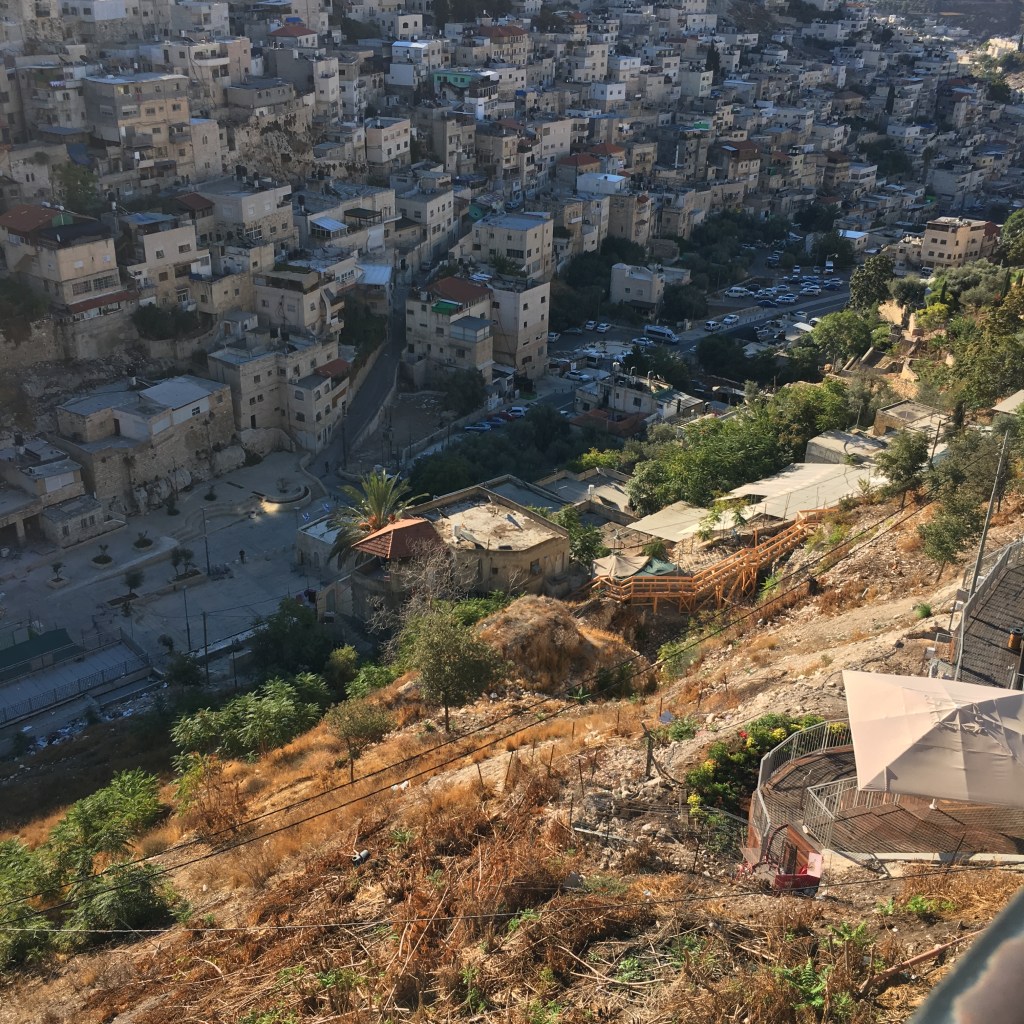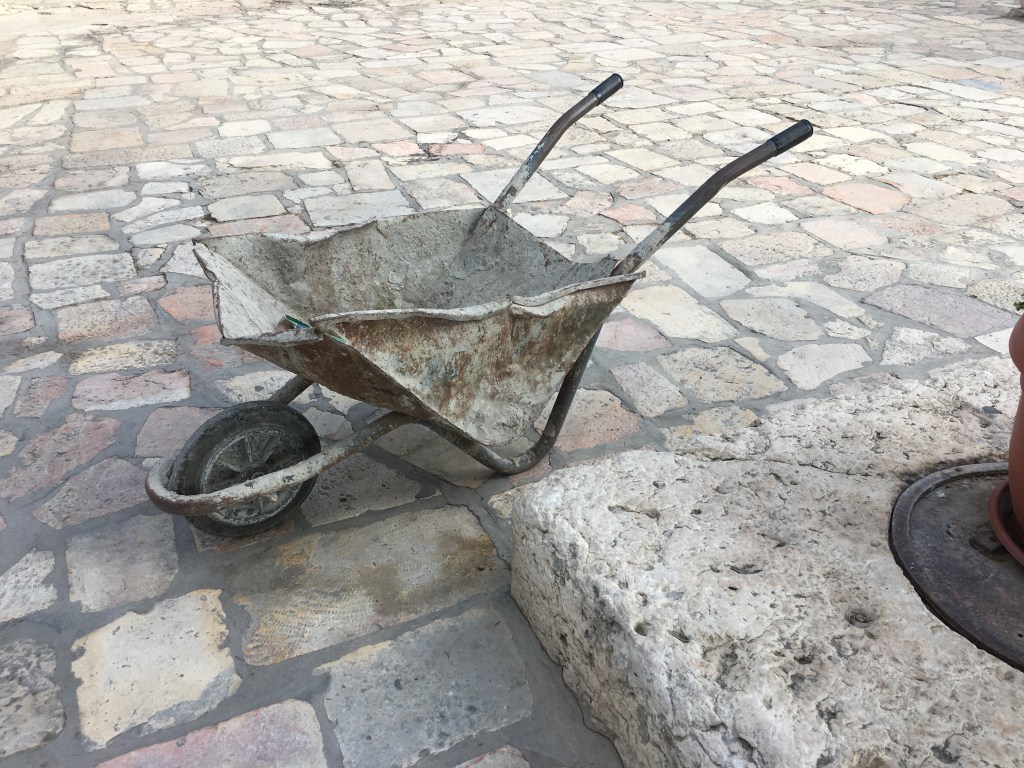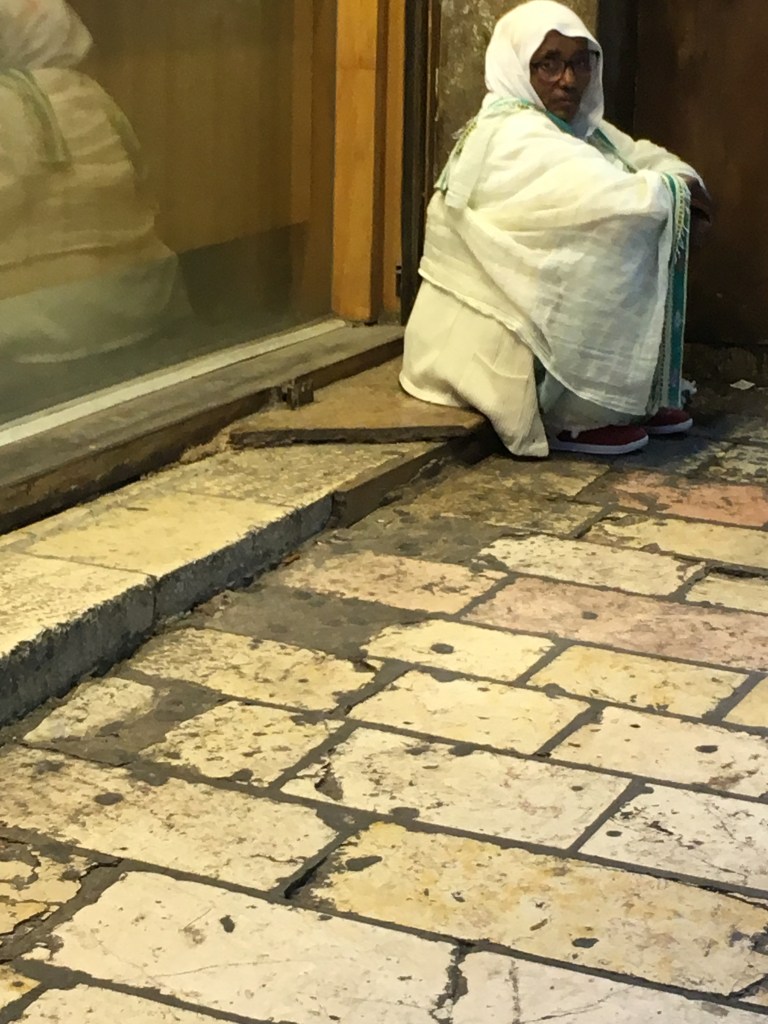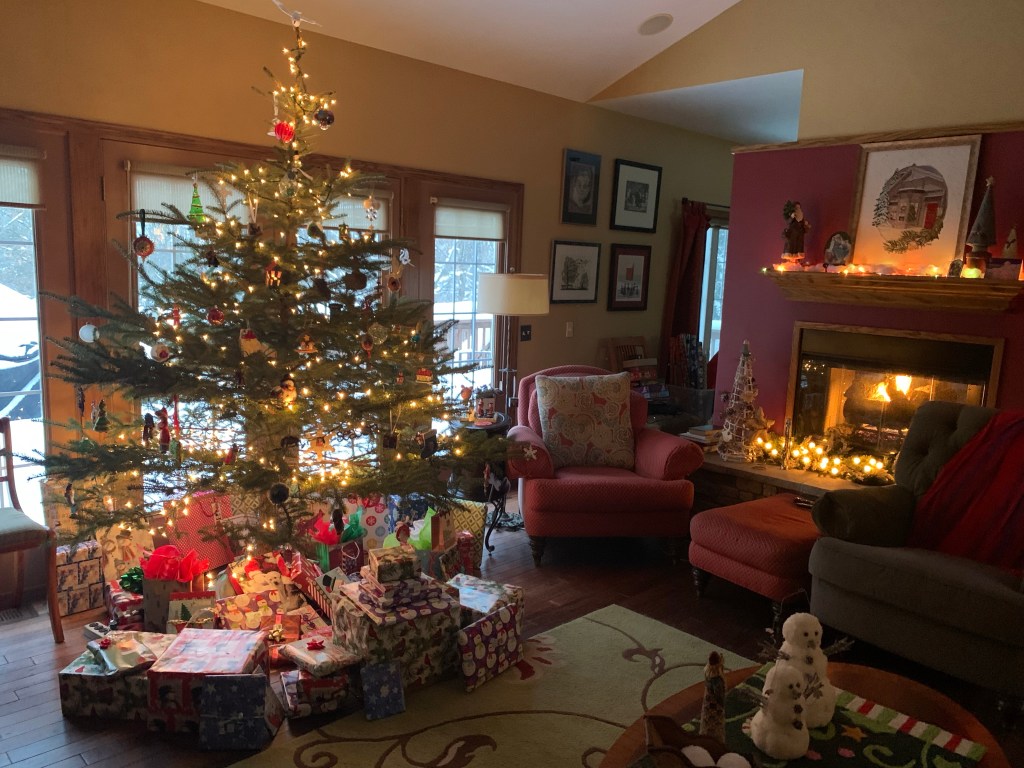Holy Saturday is a difficult day for me. I think back to the disciples, sequestered away from the roar of Jerusalem at the Passover. They are terrified that they will be linked to Jesus and face persecution, maybe even crucifixion. They are wracked with guilt that they abandoned, betrayed, and fled from His dying figure. The horror and hubbub of Friday is past but the memories haunt them. No doubt they slept poorly, if at all. They surface from a night when the demons danced through their locked room. They hope the events of the day before were a nightmare—and confirm to one another that Jesus’ death is real. It is Saturday and they are gutted with grief. Their shocked disbelief silences the room. They feel empty.

Generations later, we mark the events of Holy Week with an understanding of how they culminate. Many focus solely on Easter, avoiding the discomfort of those last days in Jesus’ life. But if we’ve observed Lent in the way our Christian forebears hoped, we will have had moments of understanding at a soul level that Jesus turned toward Jerusalem and knowingly walked toward it. The disciples traveled alongside of Him, excited to spend the Passover together in the City of David. Their thoughts drifted to practical matters, worrying about where to find a proper place for the Passover meal in the overcrowded city. With each step of that final journey, Jesus carried the loneliness of knowing He was living His last days. When I grasp that sadness for even a brief moment, I weep.

We mark Good Friday together. We gather in places of worship to sing beloved hymns in minor tones. The words we sing and hear through the scriptures speak of the suffering and death of Jesus. Folks in pews are startled when the sound of hammering comes from the sidelines of the sanctuary. We jump when the organ hits a loud, off-key chord to mark the final breath. We need these sensorial reminders that we experience together. Even if we exit the sanctuary in silence, we know we are not alone.

Holy Saturday dawns and I feel empty. There are preparations to be made for Easter. Years ago, I readied the outfits my children selected for Easter Sunday. I filled baskets with candies and eggs we had decorated. The preparation of special foods began the day before and I set a lovely table. These tasks are similar to what we do for any number of special occasions. But the backdrop to Holy Saturday is one of aching sadness. It’s a day of almost but not yet. My thoughts shift to the disciples rather than Jesus. I imagine their disorientation. Do they leave the city? Do they abandon their Master’s crucified body? They worry about their own safety. A movement that seemed very clear with Jesus at the helm is crushed and their hopes are gone.
Holy Saturday is an important marking point to our faith. We experience periods of despair when we wonder how we will survive our losses. The accomplishments we celebrated fall apart and what we thought was a sure thing fails us. The questions we dare not speak aloud go unanswered. We wonder if God has abandoned us. The belief system that supported us through earlier trials is inadequate. We feel guilty for having doubts. We are empty.

In the fall of 2017, I hosted a trip to the Holy Land. We spent time in the Church of the Holy Sepulchre, considered one of the greatest Christian pilgrimage destinations. The earliest sections were constructed in the year 400 under the leadership of Constantine. Four stations of the Via Dolorosa are within the structure which has been controlled by several Christian denominations for centuries. Traditions dating back to the fourth century hold that this space houses Golgotha and Jesus’ empty tomb. At the entrance to the compound, a stone slab proclaims to be the place where Jesus’ body was laid. In an outer garden, another stone is regarded as the place where Jesus prayed before being arrested. People kneel and silently pray, placing their foreheads on the cold surface.

Whether named spaces are what they are purported to have been historically or not, I felt the presence of the Spirit in this holy site. We walked silently through the maze of sanctuaries, altars and racks of lit candles. As I entered a smaller space, a woman crouched in the corner. I was surprised but not afraid. I wondered if she found shelter there each day. Did she come for the palpable sanctity of the site or did she hope for a few coins? Was she waiting for God to show up and take care of her problems? Maybe this was the only place she could sit with her back against a supportive wall and find peace.

When we are trudging through an uncomfortable season in our life, we have the greatest opportunity to grow. If it feels as if a chasm of disappointment separates us from God, we are invited to keep the conversation going. When we are treated unfairly and maybe even ridiculed by our peers, we are urged to remember the mockery of Jesus’ last hours. When our hope is decimated by tragedy, we are asked to entrust our troubles to those who love us. We are not alone. We dare to believe in the dark what we know to be true in the light.

This is why Holy Saturday emptiness is crucial to our trek as disciples. Even (especially?) when Jesus seems absent, we cling to the promises God made through Him. Resurrection power is real, it is near, it will prevail. Thank you, Jesus.




